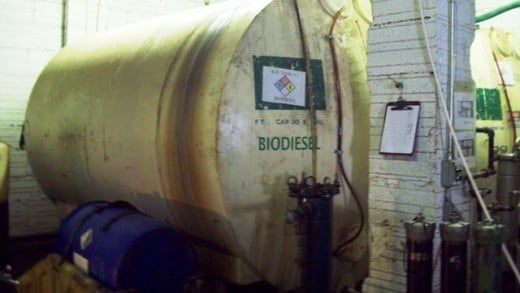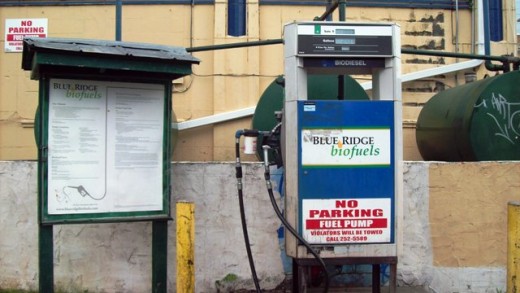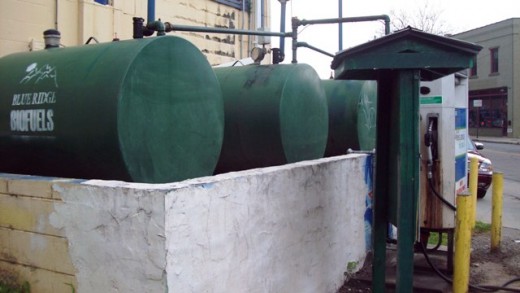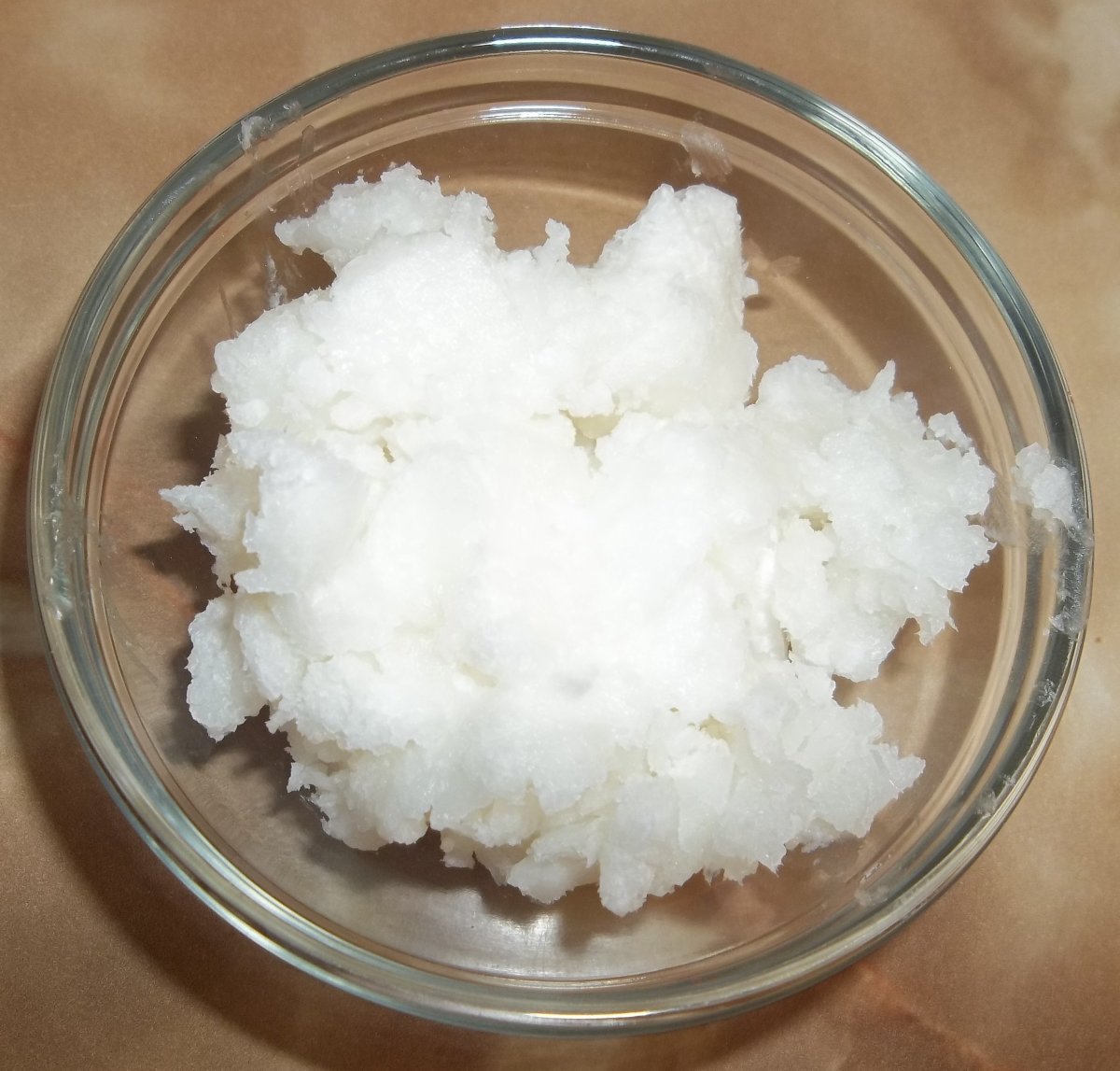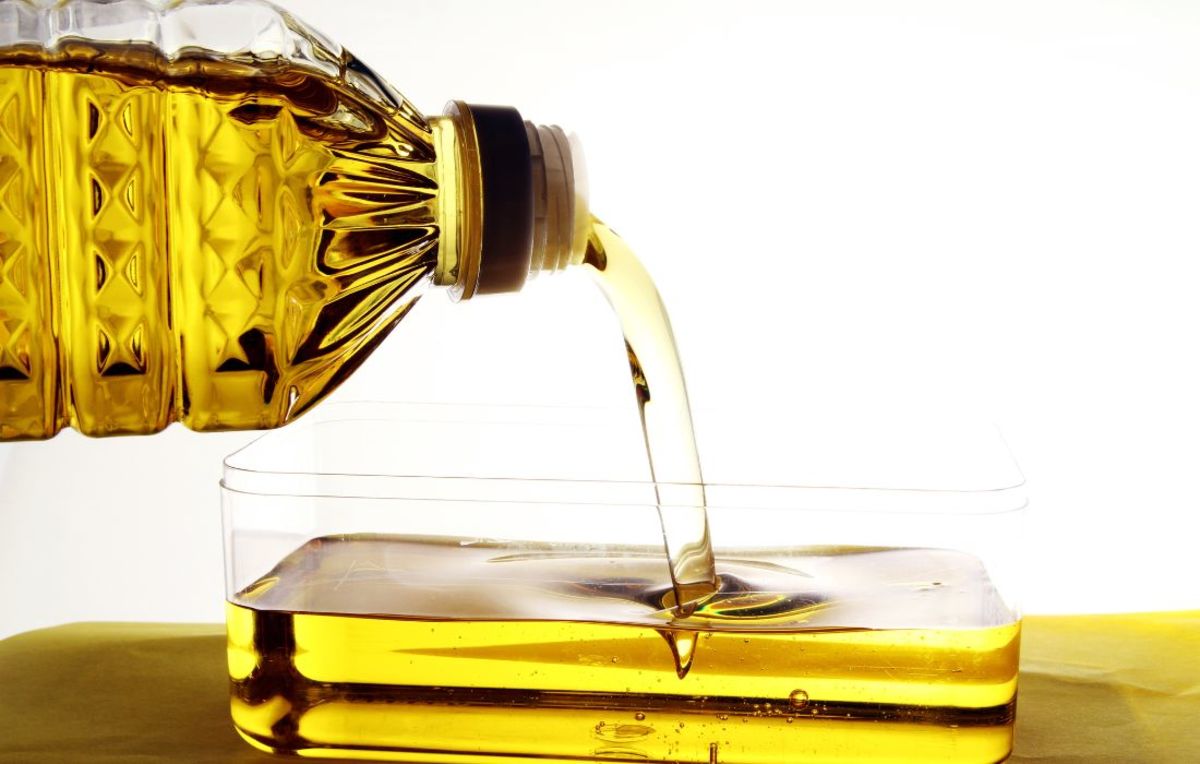Using Biodiesel and Biofuels




Using Biodiesel and Biofuel – Cars, Cooking and Heating
I had an opportunity recently to meet the fantastic team at Blue Ridge Biofuels in Asheville, NC. What I learned really has me rethinking the way I do a lot of things with regard to my own petroleum use – in my car, cooking and how I heat my home.
Biodiesel, I predict, will one day soon be in such high demand, others will look to the programs that Blue Ridge Biofuels has implemented.
So far, they directly affect the local economy in positive ways and help to reduce our dependence on foreign or even domestic petroleum products.
Just imagine: we could drastically reduce our need for petroleum if more and more people began using biodiesel and other energy-conserving products!
Basically, Blue Ridge Biofuels (BRB) collects used cooking oil from multiple sources and converts it to biodiesel. It acts like regular diesel, but it's made from cooking oil. BRB is the only biodiesel company in the Asheville area.
How to Make Biodiesel
The company collects oil in its trucks from over 500 local restaurants and businesses. They have also implemented a unique cooking oil recycling program, or COR.
Families and households can now drop off their used cooking oil into recycling bins specifically made to collect the cooking oil. The company has installed quite a few cooking oil recycling stations in and around the Asheville community, with more bin recycling stations in the works.
In addition to oil that the company buys from restaurants and businesses, they now collect about 400 gallons per month from the public oil recycling stations. BRB fully expects this figure to grow.
BRB sends out their trucks to collect all the oil from the various sites. They then put this oil into their cooking oil tank - it can hold up to 10,000 lbs. of cooking oil.
The next step is to react the used oil with methane and potassium hydroxide to make biodiesel.
From there, the company can make different blends of biodiesel fuel. The blends range from B-5 to B-100 (100 meaning pure biodiesel). A blend of B-5 means that diesel fuel has 5% biodiesel in it. Thus, each number after “B” indicates the percentage of biodiesel present in that blend.
Many companies around Asheville are beginning to use biodiesel in their fleets. For now, most of these companies use the B-5 blend because of warranty concerns – they don’t want to have a warranty voided because of their use of biodiesel.
The good news is that manufacturers now recognize that biodiesel is good for diesel motors and engines. More manufacturers allow for the use of biodiesel in their warranty agreements each year. In some cases, they allow a higher “B” blend for use in their vehicles.
Indeed, a growing number of businesses and individuals recognize the economic advantages of biodiesel.
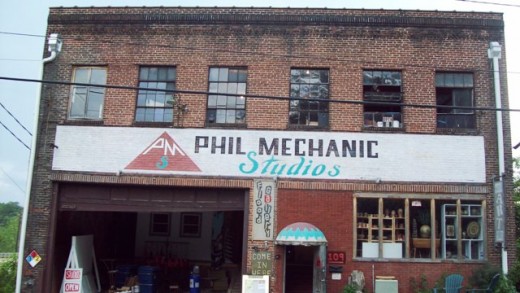





Benefits of Biodiesel
The top benefits include using locally collected cooking oil that, in turn, directly helps the local economy. Interestingly, the biodiesel that Blue Ridge Biofuels produces will work in any motor that uses petroleum-based diesel – no modifications necessary.
If you have any questions about the use of biodiesel in your vehicle's engine, you can contact the manufacturer and verifying with online sources.
Blue Ridge Biofuels has to pay local restaurants to collect their oil. Before it was possible to recycle cooking oil, restaurants already had to comply with laws to dispense of their cooking oil responsibly.
An entire industry developed to help restaurants get rid of their oil. Various companies began trying to gain access to the used cooking oil by offering competitive prices for it. They then sent (and still do) the oil off to be used in animal feed, cosmetics or in certain plastics.
BRB has to pay restaurants, too, while striving to pay competitive prices. Thus, the public can help keep the cost of biodiesel way down if the amount of recycling cooking oil goes up. In order to remain viable as a company and sustainable, BRB tries to find as much recycled cooking oil as it can. When it sells this oil, it pays for all its overhead as well as the ability to create more biofuel to sell to the community.
This is why the cooking oil recycling program is such an incredible innovation: BRB uses the oil that consumers would otherwise throw away – or down the drain – and the company benefits by getting oil for just the cost of the trucks running out to collect it and employee salaries.
The more people recycle their cooking oil, the more they can literally contribute to the air quality and local economy.
Interesting Biofuel Facts
Since 2005, BRB can boast that it has helped to keep over 1,000,000 gallons of oil out of pipes and landfills in western North Carolina alone.
It doesn’t stop there. A few years back, I had to outfit my home with a new furnace. Each year, I have been trying to use less and less heating oil to help reduce my carbon footprint.
I made sure – in my interest of being green – that the furnace was compatible with biodiesel. Until this year I hadn’t really entertained the option of using biodiesel: I thought it was much more expensive and/or difficult to come by – but it’s not! I can heat my house for just about the same cost as regular heating oil.
I have really tried to save money while being green. I have successfully reduced my winter heating oil bill from $600/year to $300/year. I’ve drastically reduced the amount of electricity I consume. Now, I can easily incorporate biodiesel into my repertoire of green living. This stuff is an environmentalist’s dream!
You can also make your own biodiesel if you have a diesel car. It a great way to save some money. But, if you have a great recycling program that will help you and the community, definitely give the recycling program a try.
Will You Find Ways To Use Biodiesel?
Biodiesel in Cars
I own a small car. Upon leaving the BRB office, I noticed that some of the employees had small cars, some of which had diesel motors.
Instead of a hybrid car – which are notable inventions in their own right – as my next ride, I am now seriously considering a car that uses diesel. I can fill it up at the various gas stations around town that carry biodiesel.
Diesel cars typically get over 40 mpg and sometimes even to the 50 mpg range. I now know that biodiesel extends the life of a diesel engine, and reduces emissions by 78%.
If you own farm equipment, biodiesel will run in machinery that has a diesel motor. Job sites with machinery can witness better air quality.
Sustainability
If community members continue to recycle larger amounts of cooking oil, Blue Ridge Biofuels can then work to convert it to biodiesel and then sell it back to the community. Consumers get to use their cooking oil, keep it out of landfills and pipes, the company will be able to grow and provide more people with cutting-edge green jobs, and contributing in a positive way to the local community.
Indeed, local sustainable projects such as this help to change the face of communities. They become more self-sufficient, reduce their dependence on outside petroleum-based diesel, and revitalize local economies. It’s a win-win-win situation.
A Special Thank-You
When I entered the Blue Ridge Biofuels office in the River Arts District in Asheville, NC, I immediately got the impression that this company is going places. They started out small, and with steady growth, they’ve already had to expand their office. You can tell that it’s the sort of atmosphere that promotes creativity and a “thinking outside of the box” mentality.
Thank you to Kymber who took the time to answer all my questions and allowed me to share what I learned here.
© 2012 Cynthia Calhoun
